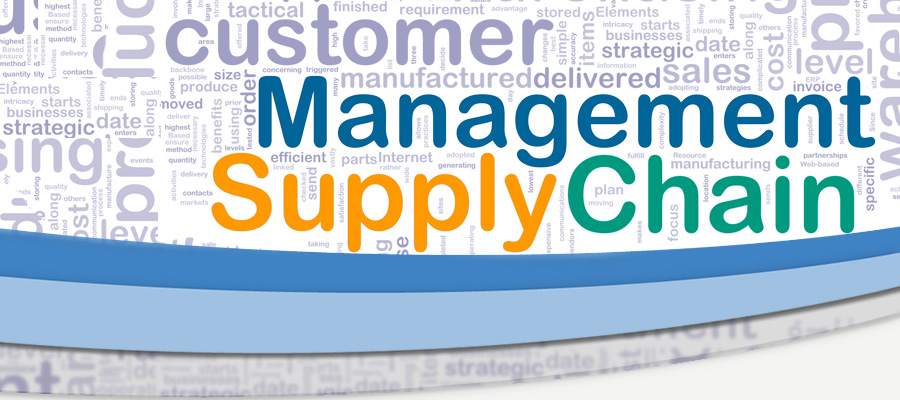
- What happens if US Ports keep closing?
Kelly Kolb, Vice President of the Retail Industry Leaders Association, said: “A shutdown would not only impact the hundreds of thousands of jobs working directly in America’s transportation supply chain, but the reality is the entire economy would be impacted as exports sit on docks and imports sit in the harbour waiting for manufacturers to build products and retailers to stock shelves.
- Lessons from Apple
Any violations found during the audit, which for Apple might include underage workers being used, document falsification, intimidation of or retaliation against workers participating in audits and significant environmental concerns, are raised with senior managers both at Apple and the supplier itself. That supplier is then placed on probation until they successfully pass another audit. During probation that supplier is monitored closely and if no commitment has been shown to then the relationship is ended.
- How to be a great procurement boss…
Great bosses understand their organisation’s business objectives and ensure their own team’s targets align with them. Any good CPO will understand what is expected of their team, but the challenge lies in translating the big picture to each individual. Explain the link to them. Work with your staff to help them understand how the different dimensions of their role delivers value. Start by touching on efficiency, productivity, innovation, customer service and other non-cost related drivers which are critical success factors and they’ll start to see the connection more clearly.
http://www.supplymanagement.com/blog/2015/02/five-top-tips-how-to-be-a-great-procurement-boss
- Call the lawyers: Here are the real reasons why contract award protests are on the rise
Don’t get me wrong, that is one reason why the numbers are increasing — by 5 percent in 2014, as I reported in November. But a panel of procurement experts pointed to a couple other reasons: more missteps by a more inexperienced government acquisition workforce, and the disintegration of the “protest stigma” that once existed in the industry.



